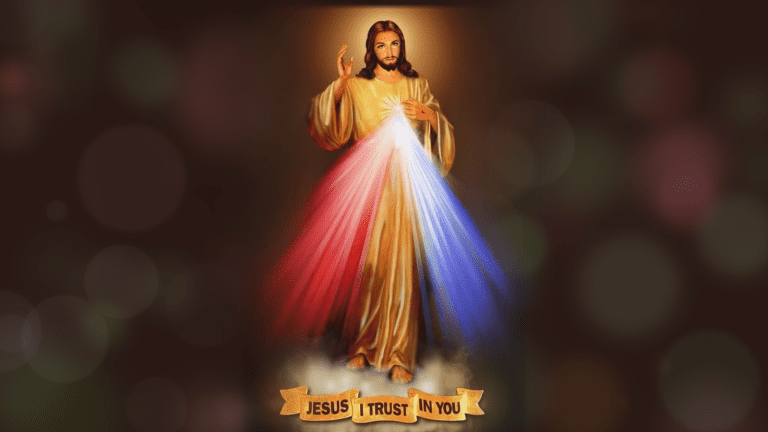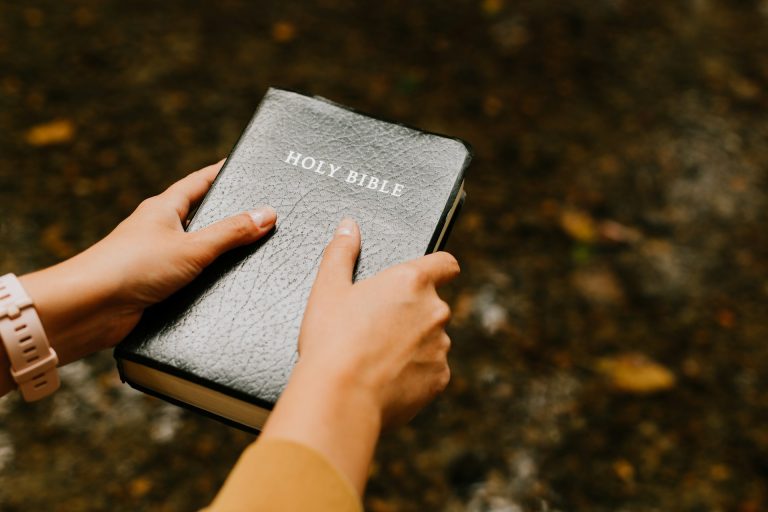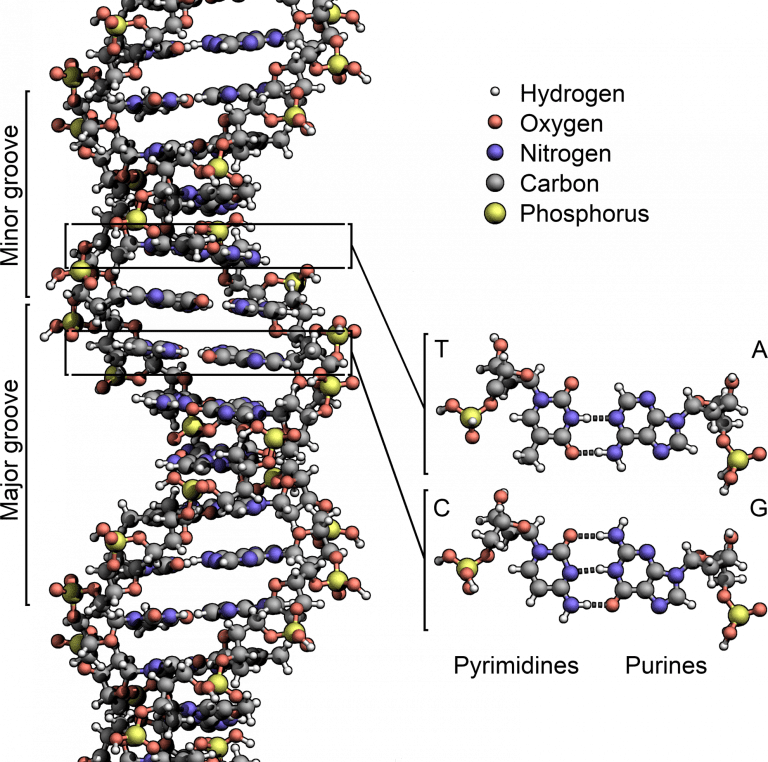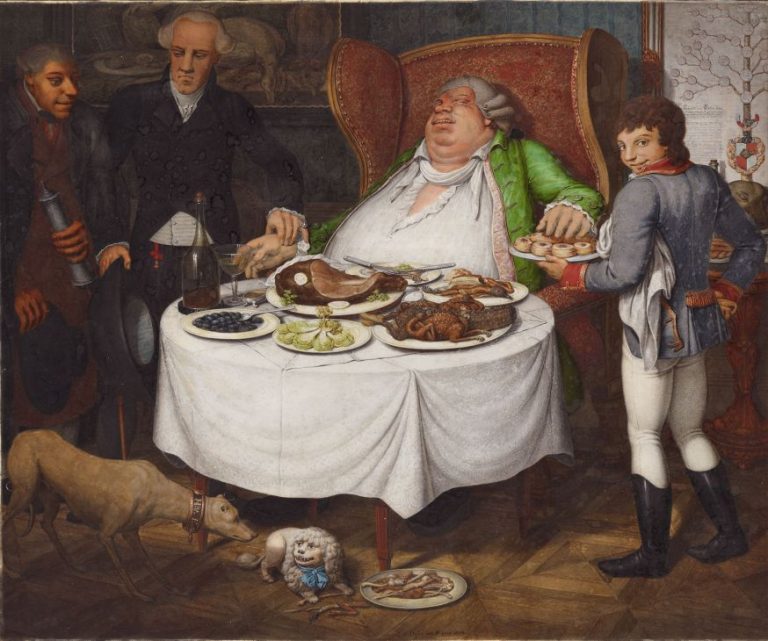Many successful schisms have been started by men who got tired of sitting in pews and listening to their ministers spew pap. The sight of full collection plates moving with silent efficiency through a back door in the church often focuses such thoughts.
“There’s a lot of money passing through here! I wonder how much he’s making at this? He certainly doesn’t have to work very hard. He’s not saying anything I couldn’t be saying. Mostly, he just repeats TV evangelist sermons. He even duplicates some of their movements. If Pastor Bob can be a Pastor Bob, I can be a Pastor Bob, too!”
Suddenly, a new schism joins the 40,000 groups that call themselves “Christian”. It’s not hard to be an Evangelical Minister. Mostly, it’s just a matter of memorizing a couple of short catch-phrases. Here are the two simple sentences that cover 99% of what an Evangelical Minister needs:
1. “Do you know the Lord?” That’s quickly followed by “Do you really know the Lord?” Those who do not try to get away immediately may be too polite to say “No.” to your next question: “I’m Pastor Bob. I’m an Evangelical Minister. The Lord want me to ask you to help me start a new church, an Evangelical Church, for families who want to know the Lord? For families who need to know the Lord!” If you introduce yourself to twenty people a day, and learn the closing skills to get two of them to commit to ten dollars a week, well, you’ve already done the math to show what a few months can make.
2. “I believe in Jesus!” is the other leg on which successful schisms stand. Evangelical Ministers excel at saying “I believe in Jesus” over and over and over again, often in response to every conceivable conversational opening. For congregations whose members don’t have more than the bare rudiments, “I believe in Jee-sus!” is often effective. That, of course, is followed by “Do you believe in Jesus?” Or, “Jee-sus!”
That’s pretty much all you need to know to be an Evangelical Minister. Keep the focus on belief. You can pretty much ignore the hard stuff, like obeying all those pesky commandments. Just believe in Jesus. No need to worry about obeying Him, especially the “hard passages we aren’t sure of” like “If you do not eat My Body and drink My Blood you do not have life in you.” Stay away from discussions about “the Body” and “the Blood” of Christ. Focus on “We just need to believe. That’s the most important thing.”
When difficult questions arise just repeat #1 and #2. People who expect more from you are just going to make trouble. If they aren’t happy with “Do you really know the Lord?” and “I believe in Jesus.”, send ’em packing. Be glad they’re gone.








